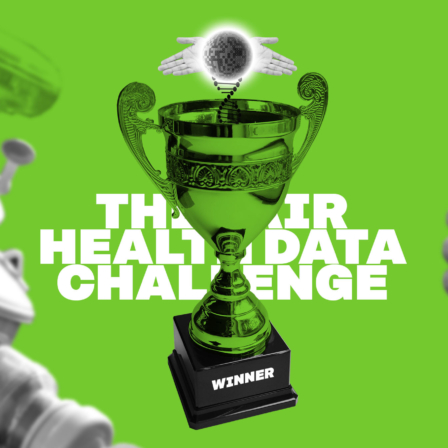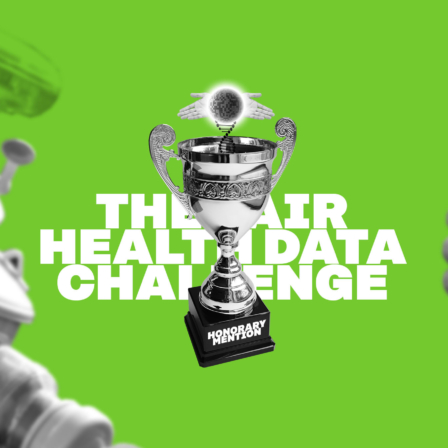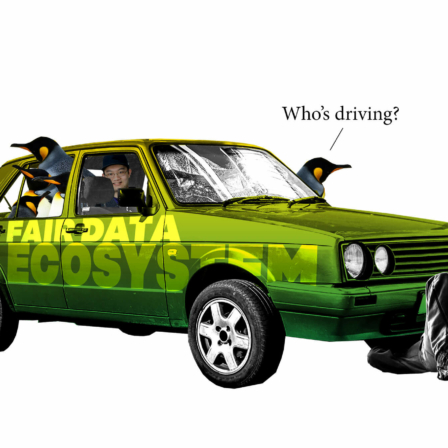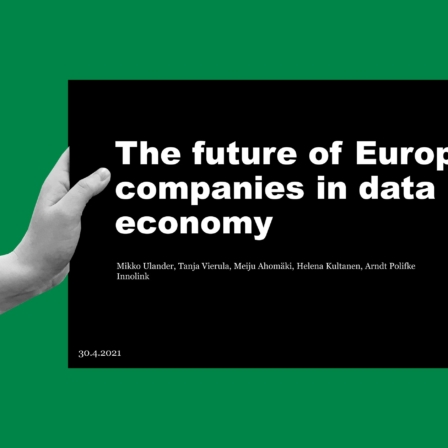We interviewed more than 40 companies, all potential customers of the one-stop-shop service, the Digital Health Hub. We asked them how they use secondary social welfare and healthcare data in their operations, how significant the data is and what works well or not so well in the use of the data and the registers. We also looked at what would help organisations succeed and whether companies thought there was a need for a service combining social welfare and healthcare data.
Pharmaceutical companies hoped to be able to acquire a research permit fast, obtain up-to-date data and have data combined and delivered to them efficiently and flexibly from one place.
The provision of customer-oriented services in a one-stop shop requires smooth co-operation between the authorities and register holders, such as THL (National Institute for Health and Welfare), Kela (Social Insurance Institution of Finland) and Statistics Finland, and public operators such as hospital districts. New operational and incentive models will not be born automatically. They must be built carefully in dialogue with the involved parties and with the help of partner networks. In addition, a party specialising in customer service and co-ordinating the co-operation is needed. Unlike in the business world, authorities have not – in their traditional role – focused on a fast and learning customer-oriented approach, which is why new a kind of expertise is needed.
Diagnostics companies share one need: access to global well-being data.
The information on Finns only forms a very small part of the data that companies operating in the international markets use in their product development, market analyses and assessments of the impacts of products.
The need for data is often extensive and is not restricted only to Finland or to social welfare and healthcare data. Companies combine many kinds of data, such as health, financial and environmental data. The Digital Health Hub must in its operation pay attention to the overall needs of its customers and understand that it will be able to provide only some of the required data.
The companies that produce services for the management of social welfare and healthcare data and analytics usually need a permit to be able to use the data continuously.
The customers of these companies need regular and automated social welfare and healthcare data. The primary focus of companies that develop analytics and social welfare and healthcare technology tools is to enhance their own operation, for which they need extensive data sets.
The data requests submitted to the Digital Health Hub may be one-off requests or requests for the continuous use of data. For example, research often makes use of data on a one-off basis, in which case the data is usually compiled separately for its purposes. Automatic collection of data from different sources is set up for continuous use such as business intelligence. The diverse and comprehensive data sources require that production is organised on the basis of several data sources and that the integration and processes with the producers of the information run smoothly.
Listening to customers’ wishes and needs is essential when planning services.
Speed and the genuinely customer-oriented approach set a strict framework for the operation of the future Digital Health Hub. The new operator must build its services and service processes to meet customer needs from the very start and it must be able to constantly change its service path. It is necessary to adopt the attitude of “what we don’t have we will get”, and build the data shop with the customer’s needs in mind.
The experts we interviewed from the companies saw room for improvement in the authorities’ operating methods, attitudes and expertise. Through strong co-operation and the necessary expertise, improvements can be made that better support growth. Companies are prepared to invest in Finland as long as their needs are heard and responded to.
#isaacus

















Recommended
Have some more.